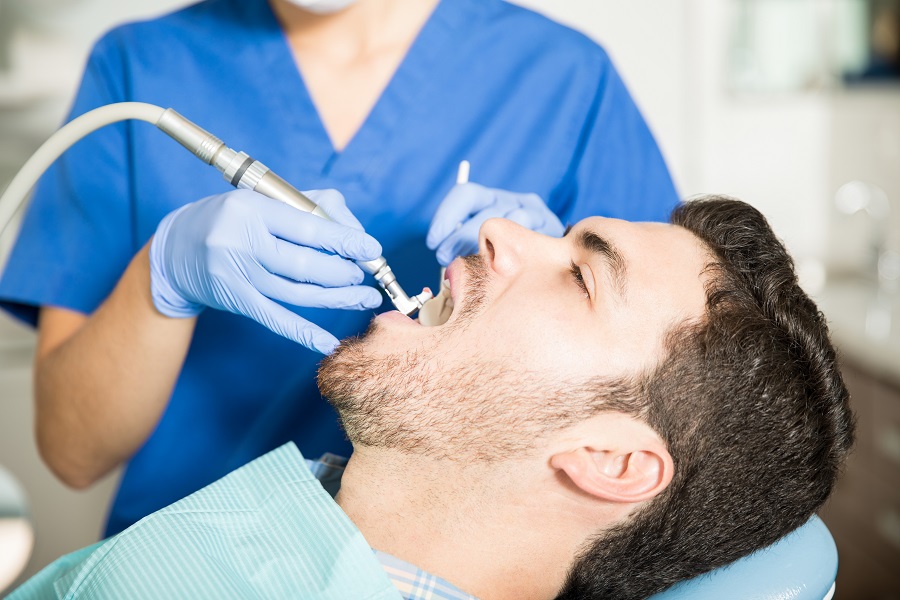Dental Emergencies: Do You Know What to Do?
When it comes to dental emergencies, knowing what to do can make all the difference between saving or losing a tooth. Whether it’s a sudden toothache, a broken tooth, or an accident that knocks out a tooth, being prepared and acting quickly can help alleviate pain and prevent further damage. In this comprehensive guide, we’ll explore common dental emergencies and provide essential tips on how to handle them effectively.
1. Toothaches
A toothache can be one of the most excruciating experiences, often signaling an underlying dental issue such as decay, infection, or trauma. If you experience sudden or severe tooth pain, rinse your mouth with warm water and gently floss around the affected tooth to remove any trapped debris. Over-the-counter pain relievers such as ibuprofen or acetaminophen can help alleviate discomfort until you can see a dentist. Avoid placing aspirin or any other medication directly on the gums, as this can cause irritation or burns.
2. Knocked-Out Tooth
In the event of a knocked-out tooth, time is of the essence. Pick up the tooth by the crown (the top part) and avoid touching the root. Rinse the tooth gently with water if it’s dirty, but do not scrub or remove any attached tissue fragments. If possible, try to reinsert the tooth into its socket, ensuring it’s facing the right way. If reinsertion isn’t feasible, place the tooth in a container of milk or saliva to keep it moist. Seek emergency dental care immediately, as the chances of saving the tooth decrease rapidly after it’s been knocked out.
3. Cracked or Broken Tooth
A cracked or broken tooth can be painful and leave the inner layers vulnerable to infection. Rinse your mouth with warm water to clean the area, and apply a cold compress to reduce swelling and alleviate pain. Avoid chewing on the affected side and refrain from consuming hard or sticky foods that could further damage the tooth. Contact your dentist as soon as possible to assess the extent of the damage and determine the appropriate treatment, which may involve bonding, a crown, or root canal therapy.
4. Lost Filling or Crown
Losing a filling or crown can expose the underlying tooth structure and cause sensitivity or discomfort. While waiting to see our dentist in The Colony, you can temporarily alleviate symptoms by applying dental cement, which is available at most pharmacies. Avoid chewing on the affected side and steer clear of sticky or hard foods that could dislodge the temporary repair. Your dentist will assess the situation and recommend the best course of action to restore the filling or crown and protect the tooth from further damage.
5. Soft Tissue Injuries
Injuries to the soft tissues of the mouth, such as the gums, lips, cheeks, or tongue, can result from accidents, falls, or bites. Rinse your mouth with warm saltwater to clean the area and apply gentle pressure to control bleeding. If the bleeding persists or the injury is severe, seek medical attention immediately. Avoid touching or probing the injured area to prevent further irritation or infection.
In conclusion, dental emergencies can be distressing, but knowing how to respond can help minimize pain, prevent complications, and preserve your oral health. By following the tips outlined in this guide and seeking prompt dental care, you can navigate unexpected tooth troubles with confidence and ensure the best possible outcome for your smile.





 |
|